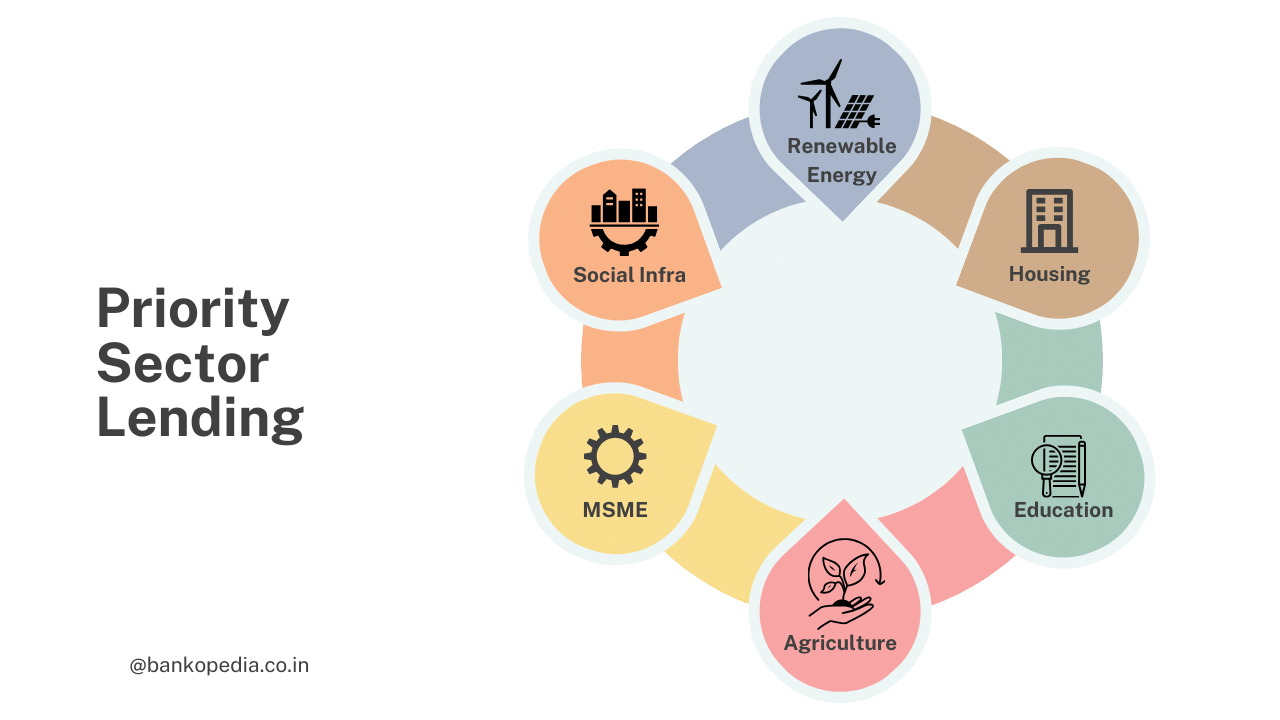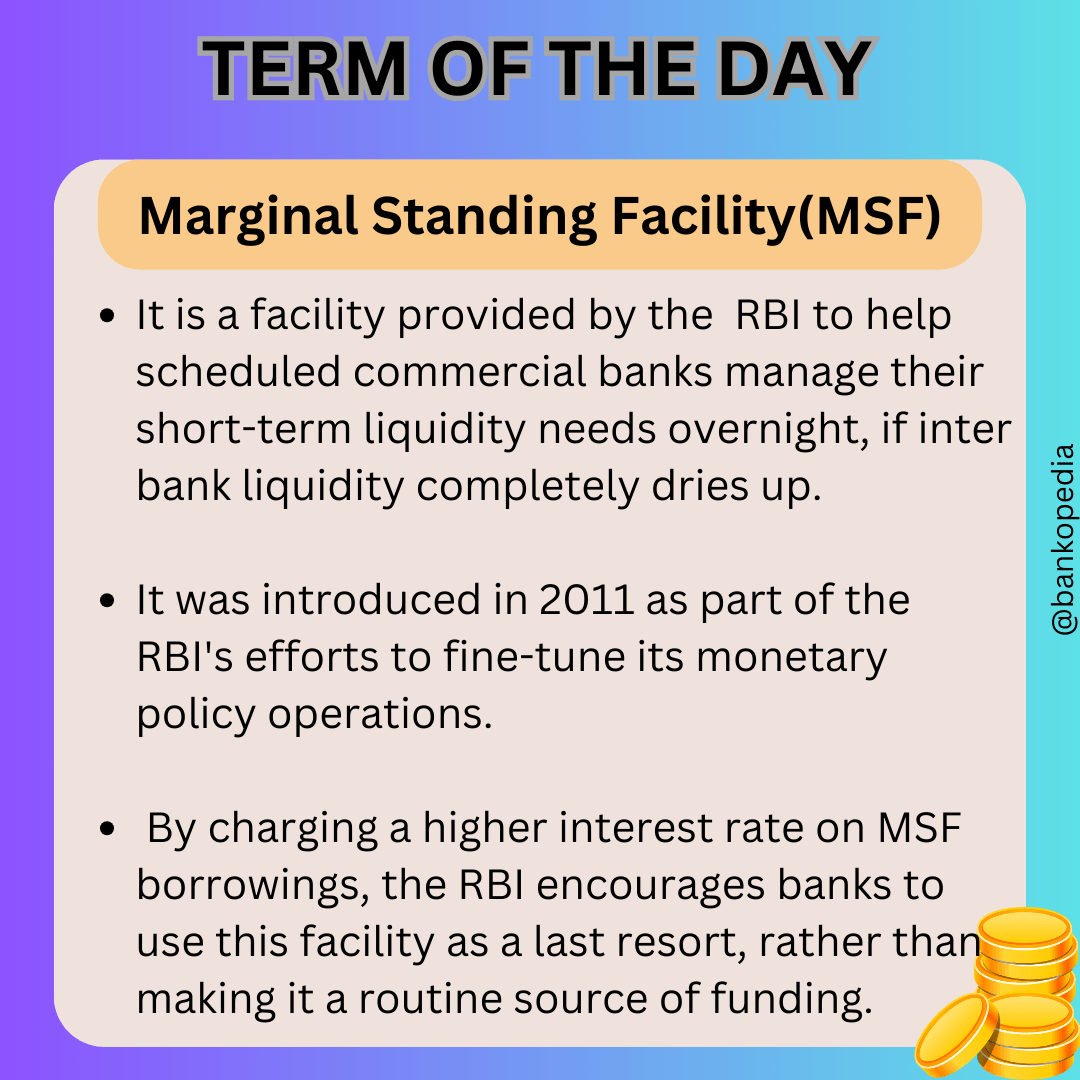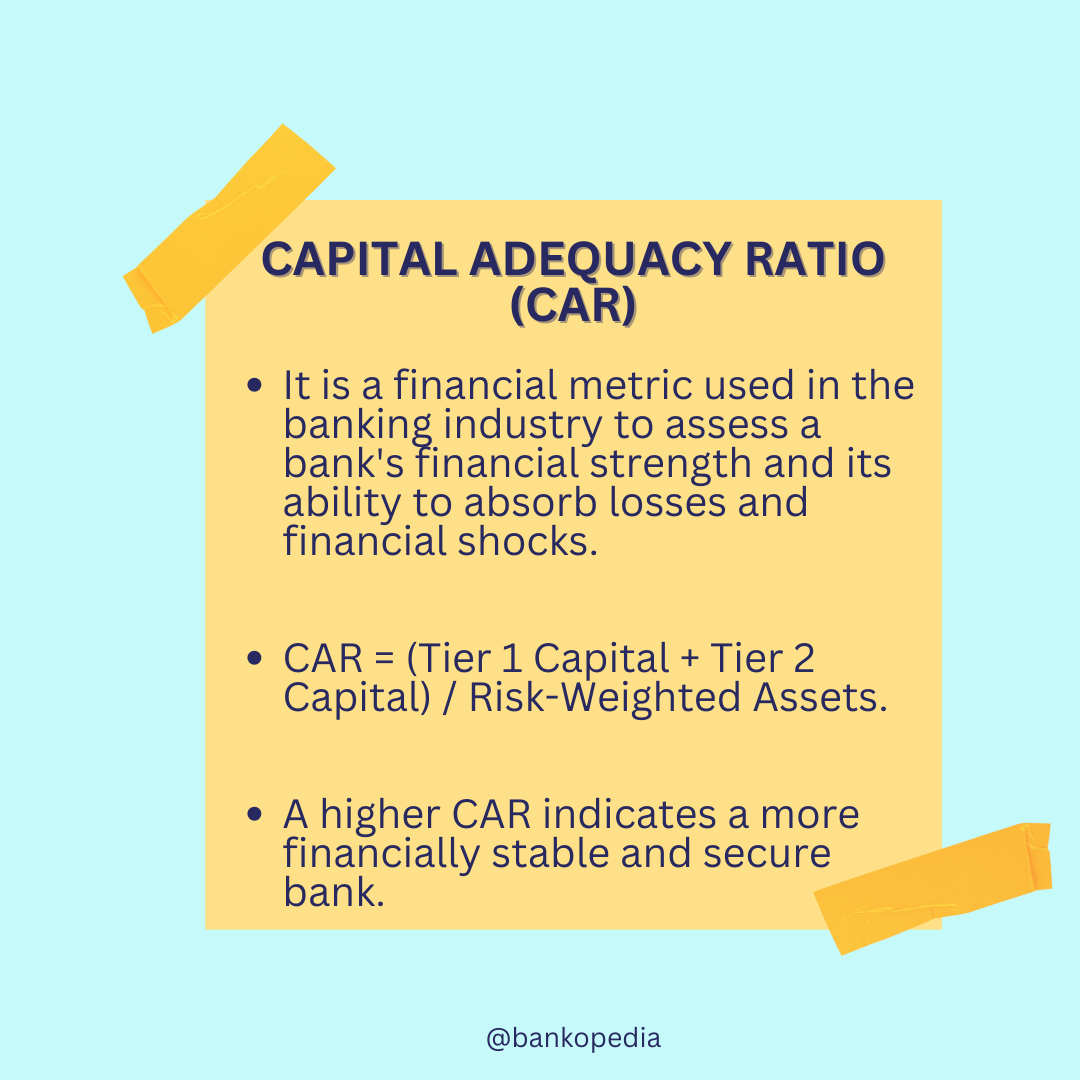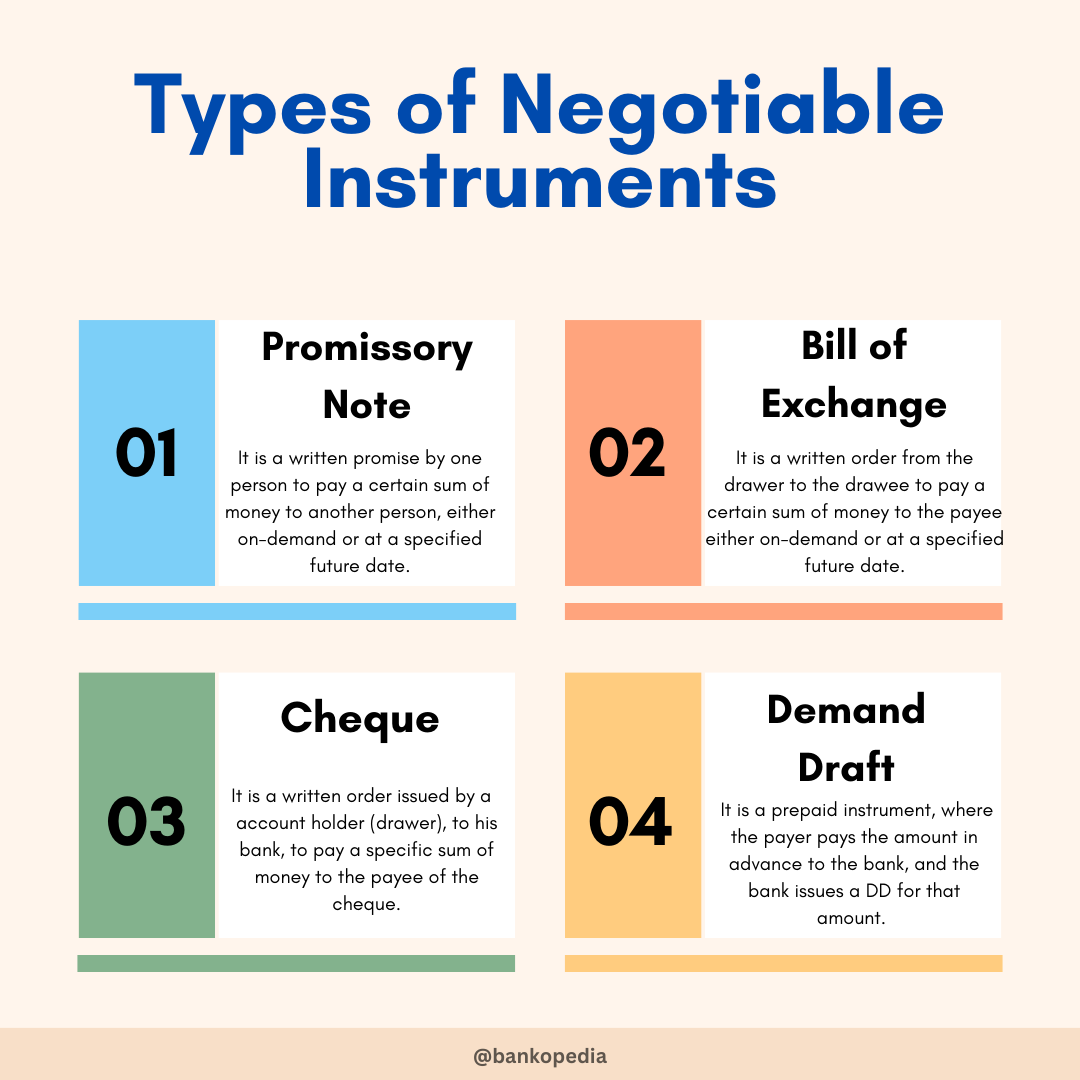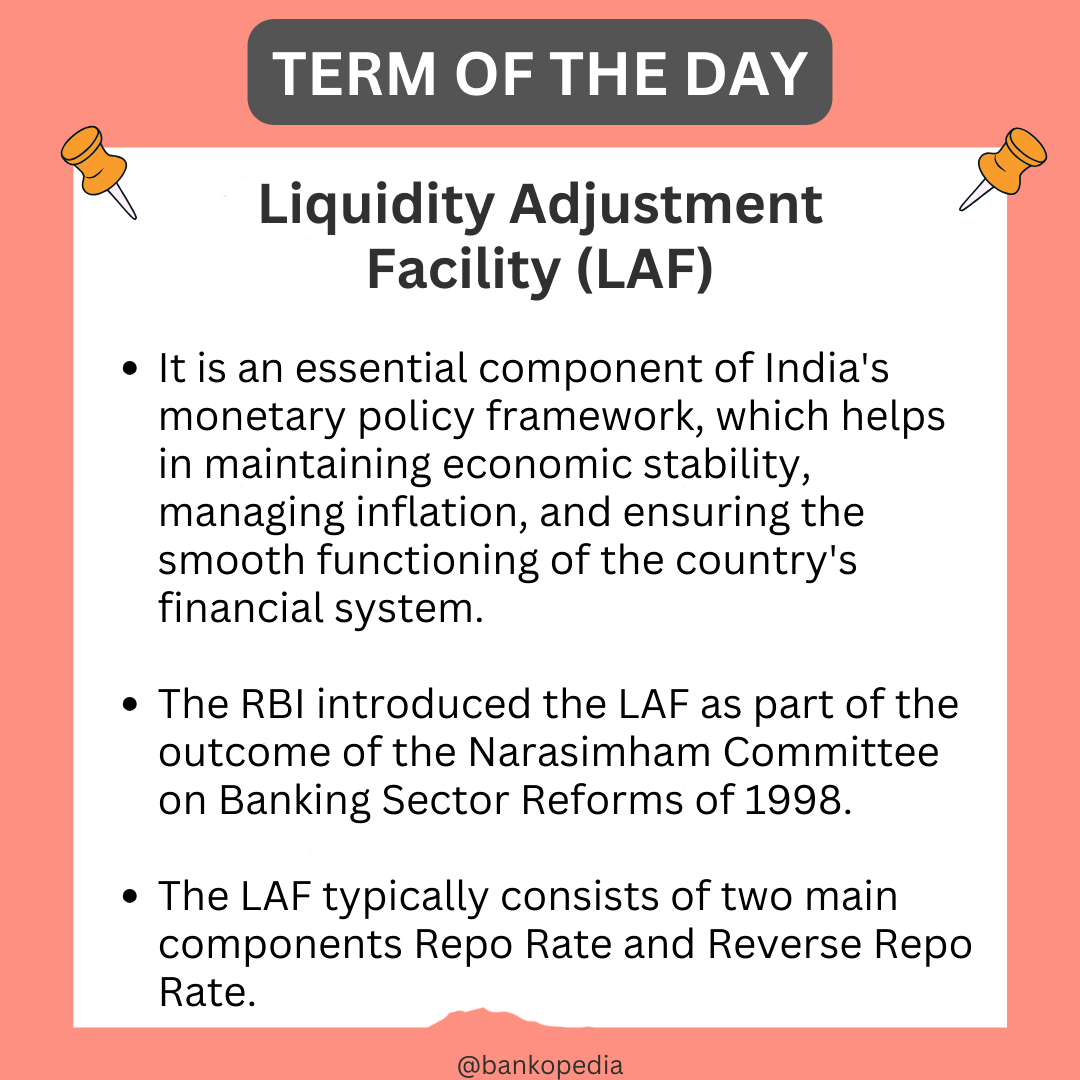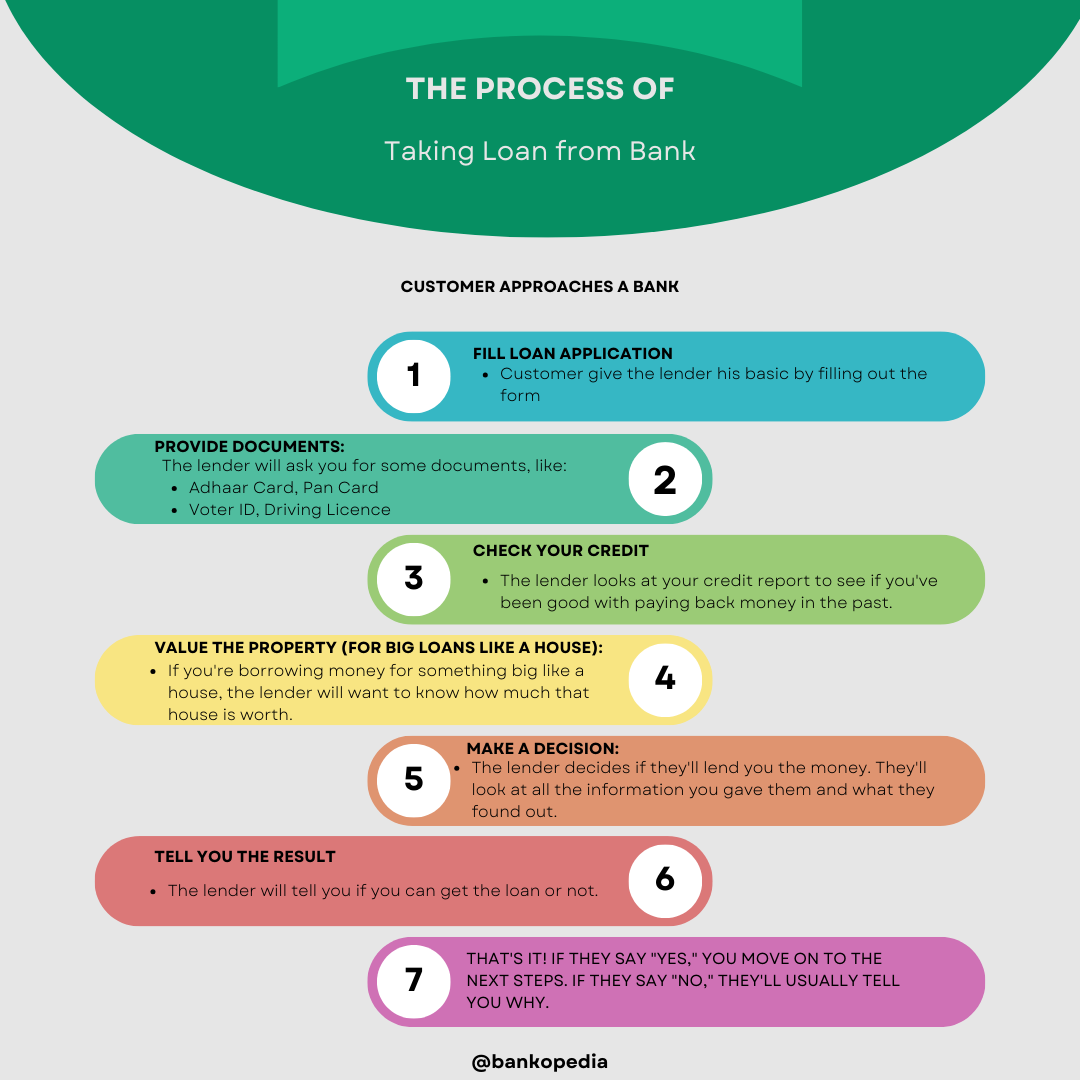Welcome to Daily Banking Digest, your premier source for the latest news and insights on March 08, 2024, focusing on banking, the economy, and finance. Our platform offers a comprehensive overview of the day’s most critical financial stories, market trends, and economic developments. Whether you’re a professional in the financial sector, an investor monitoring market movement, or someone interested in staying informed about the economic landscape, Daily Banking Digest provides reliable, up-to-date information.
Join our Telegram Channel for Daily PDF in your Inbox – Click Here
Table of Contents
RBI and Bank Indonesia sign MoU to establish a framework to promote use of local currencies for cross-border transactions.
The Reserve Bank of India (RBI) and Bank Indonesia (BI) have signed a Memorandum of Understanding (MoU) to promote the use of local currencies, the Indian Rupee (INR) and Indonesian Rupiah (IDR), for cross-border transactions. This framework aims to reduce costs and settlement time for businesses, facilitate trade, and strengthen financial integration between India and Indonesia.

Key Points:
MoU Framework:
- Establishes a framework for cross-border transactions in INR and IDR.
- Covers current account transactions, permissible capital account transactions, and other agreed-upon economic and financial transactions.
Benefits:
- Optimizes costs and settlement time for transactions.
- Promotes trade between India and Indonesia.
- Deepens financial integration and strengthens bilateral relations.
Signatories:
- RBI Governor Shaktikanta Das
- Bank Indonesia Governor Perry Warjiyo
Significance:
- Marks a milestone in strengthening cooperation between RBI and BI.
- Contributes to the development of an INR-IDR foreign exchange market.
Axis Bank mops up ₹3,851 crore via long-term NCDs
Axis Bank has issued 3,85,100 long-term non-invertible debentures (NCDs) worth ₹3,851 crore through a private placement. The NCDs carry a coupon rate of 7.64% and will mature in 10 years on March 7, 2034. The debentures are listed on the BSE and NSE.

Key Points:
- Issue: Axis Bank has issued 3,85,100 long-term NCDs.
- Amount: The total value of the NCDs is ₹3,851 crore.
- Coupon Rate: The NCDs carry a coupon rate of 7.64% payable annually.
- Maturity: The NCDs will mature on March 7, 2034.
- Listing: The NCDs are listed on the BSE and NSE.
- Allotment Date: The date of allotment of the NCDs is March 7, 2024.
- Interest Payment: Interest will be paid annually on March 7 until maturity.
- Redemption: The NCDs will be redeemed at par on March 7, 2034.
IMPS scam: 67 locations searched by CBI in Rajasthan and Maharashtra
The Central Bureau of Investigation (CBI) has conducted searches in Rajasthan and Maharashtra in connection with an ₹820-crore IMPS scam in UCO Bank. The scam involved over 850,000 unauthorized IMPS transactions, resulting in ₹820 crore being credited to UCO Bank accounts without debiting the originating banks. The CBI is investigating individuals who received and withdrew the funds without returning them to the bank.
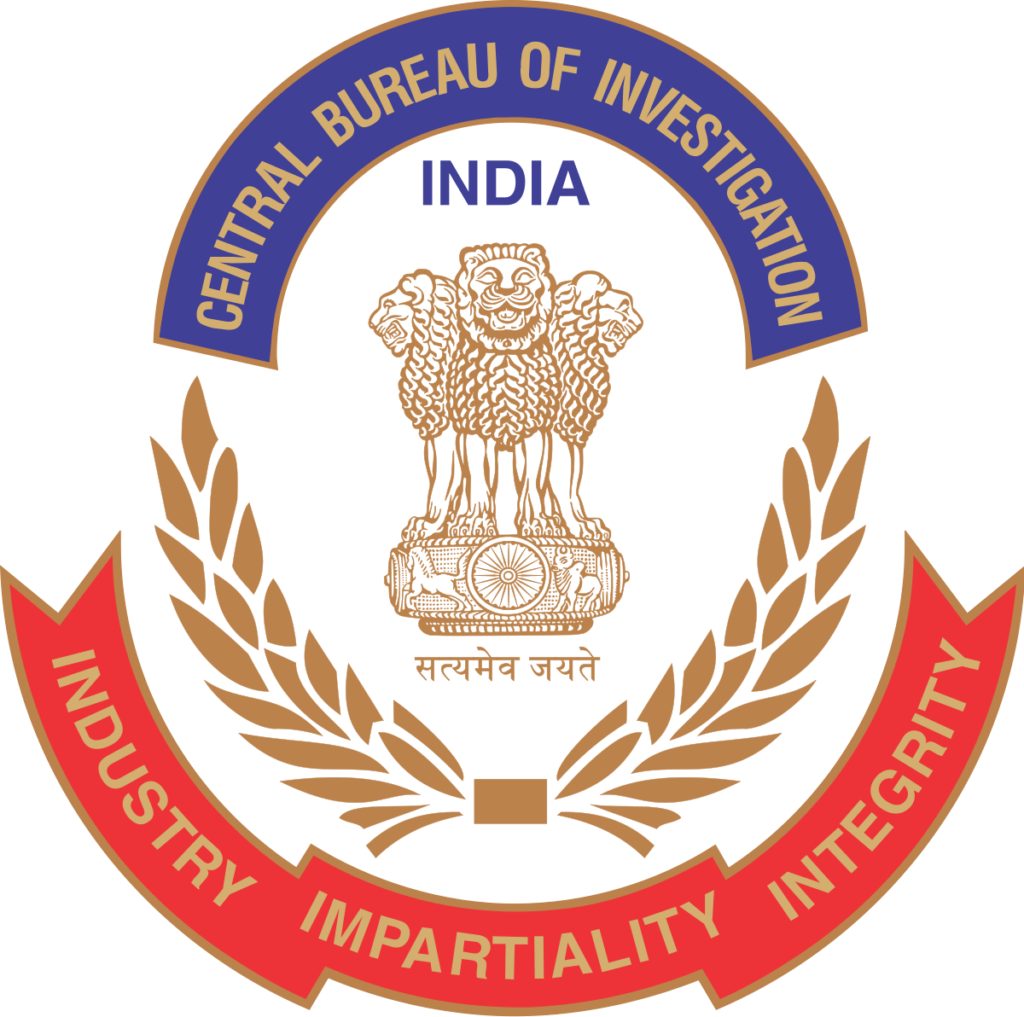
Key Points:
Case Details: – ₹820-crore IMPS scam in UCO Bank – Over 850,000 unauthorized IMPS transactions – ₹820 crore credited to UCO Bank accounts without debiting originating banks
CBI Investigation: – Searches conducted at 67 locations in Rajasthan and Maharashtra – Focus on individuals who received and withdrew the funds – Second round of searches after initial searches in December 2023
Search Results: – 130 incriminating documents seized – 43 digital devices seized – 30 suspects examined on the spot
Personnel Involved: – Over 330 police personnel, including 120 from Rajasthan Police – 40 teams and 80 independent witnesses.
Indian government panel backs higher carbon tax on coal imports.
The panel of officials from Indian ministries has recommended increasing the carbon tax on higher quality imported coal while reducing rates for domestic coal to reduce the import of polluting fuel. The current fixed carbon tax rate of 400 rupees per metric ton of coal is seen as favoring imports and impacting sales of domestically mined coal. The panel suggests charging the tax on an ad valorem basis to align it with coal price and quality, rather than a fixed amount. This adjustment should be revenue-neutral to prevent losses to the exchequer. The panel also highlighted that the current tax structure is increasing electricity tariffs for utilities using domestic coal and pushing other users towards imported coal. Despite record production by Coal India, India’s imports of thermal coal rose by nearly 10% in 2023.
Key Points:
- Panel recommends increasing carbon tax on higher quality imported coal and reducing rates for domestic coal.
- Current fixed carbon tax rate of 400 rupees per metric ton is seen as favoring imports and impacting sales of domestically mined coal.
- Panel suggests charging the tax on an ad valorem basis to align it with coal price and quality.
- The tax adjustment should be revenue-neutral to prevent losses to the exchequer.
- Current tax structure is increasing electricity tariffs for utilities using domestic coal and pushing other users towards imported coal.
- Despite record production by Coal India, India’s imports of thermal coal rose by nearly 10% in 2023.
India seeks greater market access, flexibilities in rules of origin in FTA review with ASEAN.
India is negotiating with ASEAN to improve market access for its goods, address trade deficit, and resolve non-tariff barriers. India seeks greater flexibility in determining product origin through product-specific rules and redressal of non-tariff barriers. ASEAN also has its own demands, requiring a balanced approach in negotiations.
Key Points:
Trade Deficit: – India’s trade deficit with ASEAN has grown significantly since the implementation of the FTA in 2010. – In 2022-23, India’s exports to ASEAN were $44 billion, while imports were $87.57 billion, resulting in a deficit of $43.75 billion.
Product-Specific Rules (PSRs): – India seeks PSRs in the rules of origin (ROO) to relax requirements for certain items where meeting the prescribed ROO is difficult. – ASEAN also wants PSRs for items such as electronics, chemicals, and textiles.
Customs Rules: – ASEAN is unhappy with India’s Customs (Administration of Rules of Origin under Trade Agreements) Rules, 2020 (CAROTAR, 2020), claiming it hinders their exports.
Non-Tariff Barriers: – India has identified non-tariff measures, such as food certification requirements, that act as barriers to ASEAN markets.
Tariff Cuts: – India is seeking tariff cuts in items such as chemicals, metals and alloys, machinery, plastic and rubber, textiles, leather, and gems and jewellery.
NBFCs, fintechs seek permission to offer credit on UPI
Non-banking financial companies (NBFCs) and fintechs are seeking permission from the Reserve Bank of India (RBI) to offer credit on the Unified Payments Interface (UPI) platform. Currently, only banks are allowed to provide credit on UPI through credit cards or pre-approved credit lines. NBFCs and fintechs believe that allowing them to participate in credit on UPI would enhance customer convenience and drive financial inclusion.
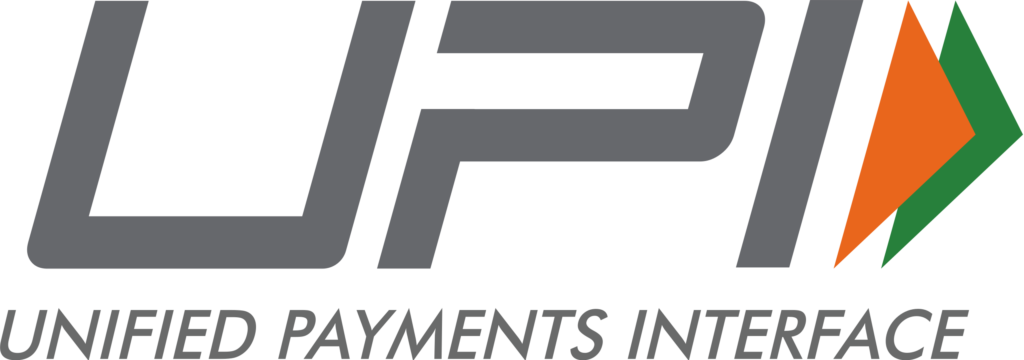
Key Points:
NBFCs and Fintechs Seek Credit on UPI: – NBFCs and fintechs have approached the RBI to allow them to offer credit on UPI. – They argue that UPI is a powerful transmission tool that can facilitate financial inclusion.
Current Restrictions: – Currently, only banks are allowed to offer credit on UPI through credit cards and pre-approved credit lines. – UPI payments via credit cards are only permitted on the RuPay network.
Customer Protection Concerns: – The RBI is concerned about customer protection and wants to ensure that credit on UPI works effectively before extending it to more players.
Incremental Policy Change Approach: – The RBI has traditionally followed an incremental policy change approach, which suggests that the current restrictions may not be permanent.
Minimal Volumes: – Some industry participants argue that volumes of credit on UPI have been minimal so far due to limited participation of non-banks.
Benefits of Allowing NBFCs: – Allowing NBFCs to offer credit on UPI would foster partnerships and co-lending. – It would enable private lenders and fintechs to drive small credit and financial inclusion.
Applying for PM Surya Ghar Muft Bijli Yojana: Postal department starts registrations for solar rooftop scheme.
The Department of Posts has launched the PM Surya Ghar: Muft Bijli Yojana, a program that provides financial assistance to up to one crore Indian families for installing solar panels on their roofs. The scheme offers free electricity of up to 300 units per month and subsidies ranging from Rs 30,000 to Rs 78,000. Households can apply for the program through a dedicated portal and receive the subsidy in their bank accounts within 30 days of installation.
Key Points:
Eligibility: – Open to all Indian households
Benefits: – Free electricity of up to 300 units per month – Subsidies of Rs 30,000 for 1 kW systems, Rs 60,000 for 2 kW systems, and Rs 78,000 for 3 kW systems or higher
Loan Products: – Collateral-free low-interest loans of around 7% for installation of residential RTS systems up to 3 kW
Application Process: – Register on the PM Surya Ghar portal – Apply for rooftop solar installation – Get feasibility approval – Install the plant by a registered vendor – Submit plant details and apply for net meter – Receive commissioning certificate – Submit bank account details and receive subsidy within 30 days.
Cabinet approves ₹10,372 crore for IndiaAI mission.
The Indian government has approved the IndiaAI mission with a budget of ₹10,371.92 crore to foster innovation and growth in the field of artificial intelligence (AI). The mission aims to establish a comprehensive ecosystem that will democratize computing access, improve data quality, develop indigenous AI capabilities, attract top talent, enable industry collaboration, provide startup risk capital, ensure socially impactful AI projects, and bolster ethical AI.
Key Points:
IndiaAI Mission:
- Budget outlay of ₹10,371.92 crore
- Aims to establish a comprehensive AI ecosystem
- Will drive responsible and inclusive growth of India’s AI ecosystem
IndiaAI Pillar:
- Will build a high-end AI computing ecosystem with 10,000+ GPUs
- Will design an AI marketplace offering AI-as-a-service and pre-trained models
IndiaAI Innovation Centre:
- Will develop and deploy indigenous Large Multimodal Models (LMMs) and domain-specific foundational models
IndiaAI Datasets Platform:
- Will provide access to quality non-personal datasets for AI innovation
IndiaAI Application Development Initiative:
- Will promote AI applications in critical sectors
- Will increase AI courses in undergraduate, masters-level, and PhD programs
Safe and Trusted AI Pillar:
- Will implement ‘Responsible AI’ projects
- Will develop indigenous tools and frameworks for ethical AI
Govt approves scheme to develop industries in North East.
The Union Cabinet has approved the Uttar Poorva Transformative Industrialisation Scheme (UNNATI-2024) to promote industrial development and employment generation in the North-East Region. The scheme, with a financial outlay of ₹10,037 crore, will provide incentives to eligible industrial units and support implementation and institutional arrangements.
Key Points:
Scheme Duration: – 10 years from the date of notification, with 8 years for committed liabilities
Financial Outlay: – ₹10,037 crore
Scheme Components: – Part A: Incentives to eligible units (₹9,737 crore) – Part B: Implementation and institutional arrangements (₹300 crore)
Employment Generation: – Anticipated direct employment opportunities: 83,000 – Significant indirect employment expected
Eligibility: – Industrial units must commence production or operation within four years of registration
Implementation: – DPIIT will implement the scheme in cooperation with the States – Steering Committee headed by DPIIT Secretary will provide guidance – State Level Committee headed by Chief Secretary will monitor implementation
Objectives: – Generate gainful employment – Promote socio-economic development – Create productive economic activity in manufacturing and service sectors
RBI warns banks against activating unsolicited credit cards, mandates consent before issuance.
The Reserve Bank of India (RBI) has issued guidelines prohibiting the issuance of unsolicited credit cards and requiring explicit customer consent before issuing a card. If a customer receives an unsolicited card, they should not activate it and should inform the card issuer. The card issuer must close the account within seven working days and inform the customer. Customers can file a complaint with the card issuer or the RBI Ombudsman if they receive an unsolicited card.
Key Points:
Unsolicited Credit Cards:
- Card issuers are prohibited from issuing unsolicited credit cards.
- Customers should not activate or provide consent for activation of unsolicited cards.
- Card issuers must close unsolicited credit card accounts within seven working days if no consent is received.
OTP Consent:
- Card issuers must seek OTP-based consent if the card is not activated within 30 days of issuance.
Interest Calculation:
- Interest is levied on the outstanding amount after the payment due date, not on the total amount due.
- Late payment fees and other charges are also levied on the outstanding amount after the payment due date.
RBI’s VRR auction sees huge demand amid liquidity fluctuation.
The Reserve Bank of India (RBI) witnessed high demand for funds at its 15-day variable rate repo (VRR) auction, indicating a liquidity deficit in the banking system. This demand follows a surplus liquidity situation observed in the previous 15-day variable rate reverse repo (VRRR) auction. The RBI’s liquidity operations aim to balance liquidity fluctuations by injecting funds through VRR auctions and absorbing funds through VRRR auctions.
Key Points:
Liquidity Fluctuation: – RBI conducted VRR and VRRR auctions to manage liquidity fluctuations in the banking system.
VRR Auction: – Banks sought 2.86 times the notified amount of ₹50,000 crore at the VRR auction. – RBI provided funds amounting to ₹50,007 crore at a weighted average rate (WAR) of 6.62%.
VRRR Auction: – Banks offered to deploy funds aggregating ₹1,29,793 crore at the VRRR auction. – RBI absorbed funds amounting to ₹1,00,027 crore at a WAR of 6.49%.
Government Spending: – Short-term surplus liquidity is attributed to increased government spending. – Liquidity is expected to dwindle as GST and advance tax payments approach.
G-Secs Yields: – Government securities (G-Secs) yields declined in line with lower US Treasury yields. – The yield of the benchmark 10-year G-Sec softened by 2 basis points to 7.0294%.
SEBI bars JM Financial from acting as lead manager to new public debt issues
SEBI has barred JM Financial from acting as a lead manager for new debt public issues due to discrepancies and inter-Group transactions discovered in a routine examination of public NCD issues. The investigation revealed that JM Financial entities were involved in providing incentives to investors, violating SEBI restrictions. The matter has also been flagged to RBI, which has imposed restrictions on JM Financial Products.
Key Points:
SEBI’s Order: – JM Financial barred from acting as lead manager for new debt public issues. – Allowed to continue as lead manager for existing mandates for 60 days. – 21 days to file objections or request a personal hearing.
Routine Examination Findings: – Discrepancies and inter-Group transactions in a November 2023 NCD issue. – JM Financial entities involved as lead manager, broker, and funding arm. – NBFC funded investors and acquired entire allotment, offloading it at a loss on the same day.
SEBI’s Concerns: – JM Financial’s actions violated restrictions on providing incentives to investors. – Trading decisions made without regard for trading loss or gain. – Similar practices observed in other public issues.
RBI’s Involvement: – JM Financial Products is an NBFC, so the matter was flagged to RBI. – RBI imposed restrictions on sanctioning and disbursal of loans against IPOs and debenture subscriptions.
SME Segment Investigation: – Entities placed large bids under HNI and retail categories, leading to oversubscription. – Bids rejected due to multiple applications from the same PAN. – Trades executed in favor of JM Group. – Matter referred to RBI.
NITI Aayog launches central data repository for states.
NITI Aayog has launched the ‘NITI for States’ portal, a comprehensive repository of best practices, policy documents, datasets, and NITI publications. The portal aims to provide officials with actionable insights and digital tools to accelerate digital transformation and enhance governance.
Key Points:
- Multi-Sectoral Repository: The portal houses 7,500 best practices, 5,000 policy documents, over 900 datasets, 1,400 data profiles, and 350 NITI publications across various sectors.
- User-Friendly Interface: The portal’s user-friendly interface ensures inclusivity and empowers officials from diverse regions to effectively utilize its knowledge base.
- Cooperative Federalism: The portal strengthens cooperative federalism by providing a centralized platform for knowledge sharing and cross-learning among states and union territories.
- Data-Driven Governance: The platform brings data from various fields together in an interoperable manner, enabling data-driven governance and decision-making.
- Inclusivity: The portal will be available in 22 major Indian languages and seven foreign languages, ensuring accessibility for diverse user groups.
- Training and Support: Tailored digital training modules and an expert help desk will provide support to officials at various levels.
- Integration with NDAP: The portal will integrate with the National Data & Analytics Platform (NDAP) for comprehensive and actionable insights.
- Empowerment of Frontline Functionaries: The portal empowers frontline functionaries at the district and block levels to replicate successful initiatives and address local challenges effectively.
Cabinet okays 4% DA hike for staff; outgo pegged at ₹12,900 crore.
The Union Cabinet has approved an additional 4% increase in dearness allowance (DA) for central government employees and dearness relief (DR) for pensioners, effective from January 1, 2024. This brings the DA to 50% of basic pay, benefiting over 10 million employees and 6.79 million pensioners. The combined impact on the exchequer is estimated at Rs 12,869 crore per annum.
Key Points:
Increase in DA and DR: – DA increased by 4% to 50% of basic pay, effective from January 1, 2024. – DR also increased by 4%.
Impact on Exchequer: – Combined impact of DA and DR on the exchequer: Rs 12,869 crore per annum. – Impact during 2024-25: Rs 15,014 crore.
Other Allowances: – Transport allowance, canteen allowance, and deputation allowance increased by 25%. – House rent allowance increased to 30%, 20%, and 10% of basic pay.
Gratuity Benefits: – Gratuity benefits increased by 25%. – Ceiling increased to Rs 25 lakh from Rs 20 lakh.
Exchequer Burden: – Burden on the exchequer due to increased allowances: Rs 9,400 crore annually.
Basis for Increase: – Increase in DA and DR based on the accepted formula and recommendations of the 7th Central Pay Commission.
Beneficiaries: – 4.92 million central government employees. – 6.79 million pensioners.
NARCL emerges winning bidder for Rs 17,000 cr debt
National Asset Reconstruction Company of India (NARCL) has emerged as the winning bidder for six distressed accounts with outstanding debt of over ₹17,000 crore. NARCL has offered ₹2,331 crore for the loans, with offers for seven other accounts still under consideration. The government has provided a sovereign guarantee on the shortfall in loan recovery, giving NARCL a competitive advantage.
Key Points:
Winning Bidder: – NARCL emerged as the winning bidder for six distressed accounts.
Outstanding Debt: – The six accounts have outstanding debt of over ₹17,000 crore.
NARCL’s Offer: – NARCL offered ₹2,331 crore for the loans.
15:85 Structure: – NARCL’s offers are under the 15:85 structure, with 15% in cash and 85% in security receipts.
Sovereign Guarantee: – The government has provided a sovereign guarantee on the shortfall in loan recovery.
NARCL’s Acquisitions: – NARCL has acquired six accounts since January 2022.
IDRCL’s Challenge: – IDRCL faces the challenge of resolving distressed loans acquired by NARCL without invoking the sovereign guarantee.
As RBI acts tough, NBFCs fear banks may turn wary of lending.
Finance companies are expected to moderate loan disbursals due to recent restrictions imposed by the Reserve Bank of India (RBI) on gold loans and securities financing. This move aims to strengthen internal control systems and reduce risks. Banks are likely to become more conservative in lending to non-bank financiers, leading to liquidity constraints for the latter.
Key Points:
RBI Restrictions: – RBI has banned IIFL Finance from giving gold loans and JM Financial Products from financing bonds and stocks. – Paytm Payments Bank has been restricted from accepting deposits and conducting normal banking operations.
Impact on Finance Companies: – Non-bank lenders will slow down lending, maintain liquidity buffers, and conserve capital. – Banks may become less forthcoming in lending to finance companies.
Concerns of Regulators: – Sharp rise in bank lending to NBFCs has raised concerns about the end use of funds and potential systemic risks.
Response of Finance Companies: – Top management has directed field staff to revisit processes and ensure compliance with regulations.
Support from Investors: – Fairfax has announced $200 million liquidity support for IIFL Finance in case of funding crunch due to RBI’s action.
SWAMIH fund: Govt asks banks to list stalled housing projects.
The government has instructed banks to provide a list of stalled housing projects under the SWAMIH fund to expedite their resolution and completion. Procedural delays have been identified as a primary obstacle to the fund’s effectiveness, and lenders will now share feasibility reports with the fund. The SWAMIH fund has successfully completed over 26,000 apartments and returned over 25% of drawn capital to investors.
Key Points:
Procedural Delays: – Procedural delays are the main reason for the low exposure of public sector bank projects under the SWAMIH fund.
Unilateral Approach: – The existing regulatory mechanisms for resolving stalled projects have significant shortcomings.
Feasibility Reports: – Lenders will share feasibility reports with the SWAMIH fund to facilitate project completion.
SWAMIH Fund Success: – SWAMIH-I has completed over 26,000 apartments and returned over 25% of drawn capital to investors.
Liquidation Process: – The Insolvency and Bankruptcy Board of India has amended regulations to prevent liquidators from selling housing units already allotted and in possession.
Stakeholder Information: – Information on the progress of the SWAMIH fund will be shared with all concerned stakeholders.
Stalled Housing Projects: – The Indian Banks’ Association estimates that 412,000 stressed dwelling units involving ₹4.08 lakh crore are impacted by stalled real estate projects.
SWAMIH Fund Exemption: – Banks have requested an exemption for the SWAMIH fund from RBI guidelines restricting investments in alternate investment funds.
Bank profitability to remain healthy despite some moderation: Moody’s
Moody’s predicts that Indian banks will maintain healthy profitability despite a slight decline in net interest margins (NIMs) and capital ratios due to higher risk weights for non-bank finance companies (NBFCs) and unsecured retail loans. However, the banking sector’s capitalization will remain strong, and the return on assets (ROA) is expected to remain healthy at around 1.1% in fiscal 2024-25.
Key Points:
Profitability: – Profitability will remain healthy despite a slight moderation in NIMs. – ROA is expected to remain at 1.1% in fiscal 2024-25.
Capitalization: – Capital ratios will decline slightly due to higher risk weights. – Capitalization will remain strong due to internal capital generation and easy access to capital.
Asset Quality: – Non-performing loan (NPL) ratios will continue to fall. – Slippage ratios will remain low. – Corporate loan quality will remain healthy. – Unsecured retail loans pose risks due to elevated interest rates and increased household leverage.
Outlook: – The outlook for the banking system is positive. – Government support for public sector banks will remain high. – Government support for private sector banks will depend on systemic importance.
Monitor end use of funds for business cards, says Reserve Bank of India
The Reserve Bank of India (RBI) has amended its master directions for credit and debit cards, mandating banks to monitor the end use of funds on business credit cards. The move aims to prevent the use of intermediaries to route commercial transactions through card networks.
Key Points:
Monitoring End Use of Funds: – Banks must implement mechanisms to monitor the end use of funds on business credit cards.
Types of Business Credit Cards: – Business credit cards can be issued as charge cards, corporate credit cards, or linked to business credit facilities.
Intermediary Transactions: – The RBI has prohibited commercial transactions routed through intermediaries by card networks.
Payment and Refund Timeframes: – For business credit cards, payment and refund timeframes can be agreed upon between the card issuer and the principal account holder.
Co-Branded Cards: – Banks and non-banking financial companies do not need RBI approval for co-branding agreements. – Co-branding partners cannot access transaction information or be involved in card-related processes. – Co-branding partners can draw transaction data in an encrypted format for cardholder convenience. – Co-branded cards must clearly indicate the co-branding arrangement.
Late Payment Charges: – Only late payment charges can be levied on the outstanding amount after the due date.
Billing Cycle Modification: – Banks must allow card customers to modify their billing cycle at least once.
Card Blocking/Deactivation: – Card issuers must follow a standard operating procedure for blocking/deactivating/suspending cards. – Cardholders must be notified immediately of any such actions and the reasons for them.
PM Narendra Modi likely to inaugurate 15 airport projects on Sunday.
Prime Minister Narendra Modi is set to inaugurate 15 airport projects on Sunday, including new terminals in Delhi and Lucknow. The move aims to expand airport capacity and meet the growing demand for air travel in India.
Key Points:
New Airport Projects:
- New terminals in Hubli, Kadappa, and Belgavi in Karnataka
- New airport terminals in Adampur, Punjab and Pune, Maharashtra
- Airport projects in Chitrakoot, Moradabad, Aligardh, Shravasti, and Azamgarh in Uttar Pradesh
Delhi Airport Expansion:
- Inauguration of the expanded T1 terminal at the Delhi airport
- New T1 terminal with aerobridges and a capacity of 40 million passengers per year
Lucknow Airport Expansion:
- New terminal built by the Adani Group
- Capacity of 13 million passengers per year
Government’s Focus:
- Increase the number of airports and heliports in India from 150 to over 200 in the next five years
K’taka, Rajasthan begin exploration licenses’ auction for critical minerals.
Karnataka and Rajasthan have initiated auctions for exploration licenses of critical and deep-seated minerals, including gold, copper, lithium, rare earth elements, rare metals, and potash. This marks the first time such licenses are being auctioned in India, aiming to boost exploration and mining of these valuable resources.
Key Points:
Auction Launch: – Karnataka and Rajasthan have launched auctions for exploration licenses of critical and deep-seated minerals.
Minerals Included: – Karnataka: Gold, copper, lithium – Rajasthan: Rare earth elements, rare metals, potash
Exploration License: – Exploration licenses allow reconnaissance and prospecting operations for critical and deep-seated minerals. – Aim to attract junior mining companies with expertise and risk-taking ability.
Critical and Deep-Seated Minerals: – Include cobalt, lithium, nickel, gold, silver, and copper. – Difficult to explore and mine compared to surficial or bulk minerals.
MMDR Amendment Act, 2023: – Introduced the exploration license concession for critical and deep-seated minerals. – Aims to enhance exploration and mining of these minerals in India.
Global banking watchdog to crack down on ‘window dressing’ by big banks.
Global banking regulators are proposing measures to prevent the world’s largest banks from manipulating rules to avoid higher capital requirements. The proposed revisions aim to constrain banks’ ability to temporarily reduce their systemic footprint by requiring them to report and disclose most indicators based on an average of values over the reporting year, rather than year-end values.
Key Points:
1. G-SIB Capital Requirements: – Globally systemic banks (G-SIBs) must hold more capital than smaller domestic peers based on various factors.
2. Regulatory Arbitrage: – Banks have been engaging in “regulatory arbitrage behavior” to reduce their perceived systemic footprint around reporting dates.
3. Proposed Revisions: – Banks will be required to report and disclose most G-SIB indicators based on an average of values over the reporting year.
4. Public Consultation: – The proposals are out for public consultation until June 7.
5. Basel Committee: – Banking regulators from major financial centers are members of the Basel Committee and commit to applying agreed rules in their national handbooks for lenders.
Govt ups MSP for raw jute by Rs 285 to Rs 5,335 per quintal for FY25
The Indian government has increased the minimum support price (MSP) for raw jute for the 2024-25 season, benefiting farmers in eastern states. The government has also approved a new industrial development scheme for northeast states and a bill to provide reservations to Scheduled Tribes in the Goa Legislative Assembly.
Key Points:
MSP for Raw Jute:
- Increased by Rs 285 to Rs 5,335 per quintal for the 2024-25 season.
- Will benefit farmers in eastern states, especially West Bengal.
- Ensures a return of 64.8% over the all-India weighted average cost of production.
UNNATI Scheme for Northeast States:
- Rs 10,037-crore scheme for industrial development and employment generation.
- Aims to create productive economic activity in manufacturing and service sectors.
- Provides incentives for setting up new units or expanding existing units.
Reservation for Scheduled Tribes in Goa Assembly:
- ‘Readjustment of Representation of Scheduled Tribes Bill, 2024’ approved.
- Census Commissioner to notify ST population in Goa.
- Election Commission to amend Delimitation Order to create ST reservation in the 40-member Assembly.
India’s free trade agreement with EFTA likely to be signed on March 10
The Indian Union Cabinet has approved a free trade agreement (FTA) with the European Free Trade Association (EFTA), comprising Iceland, Liechtenstein, Norway, and Switzerland. The pact, known as the Trade and Economic Partnership Agreement (TEPA), is expected to be signed on Sunday. The agreement aims to enhance economic ties between India and EFTA countries by reducing tariffs, easing trade norms, and promoting investment.
Key Points:
- Negotiations Concluded: Negotiations for the FTA between India and EFTA members have been completed.
- Signing Ceremony: The pact is likely to be signed on Sunday in India.
- Agreement Scope: TEPA covers various aspects, including trade in goods, intellectual property rights, trade in services, investment promotion, and trade facilitation.
- EFTA’s FTAs: EFTA has 29 FTAs with 40 partner countries, including Canada, Chile, and China.
- Free Trade Pacts: Under FTAs, trading partners reduce or eliminate customs duties and ease norms to promote trade and investment.
- EFTA’s Status: EFTA countries are not part of the European Union but are an inter-governmental organization promoting free trade.
- India’s Trade with EFTA: India’s exports to EFTA countries increased in 2022-23, while imports decreased.
- Trade Gap: The trade gap is in favor of the EFTA group.
Feb consumer price inflation forecast to edge down to 4-month low: Poll
Summary:
India’s consumer price inflation is projected to have declined to 5.02% in February, a four-month low, primarily due to moderating food price increases. However, inflation remains above the central bank’s target range of 2%-6%, with food inflation continuing to outpace overall inflation. The Reserve Bank of India (RBI) is expected to maintain its key policy rate unchanged at 6.50% due to persistent upside risks to inflation.
Key Points:
Inflation Forecast: – Consumer price inflation is forecast to have eased to 5.02% in February, slightly lower than January’s 5.10%.
Food Inflation: – Food inflation has been the primary driver of overall inflation, accounting for almost half of the consumer price index basket. – Recent declines in prices for tomatoes, onions, and potatoes have contributed to the moderation in food inflation.
Core Inflation: – Core inflation, excluding volatile food and energy prices, is estimated to have remained at 3.50% in February.
RBI Policy: – The RBI is expected to keep its key policy rate unchanged at 6.50% due to upside risks to inflation. – Inflation is not expected to return to the RBI’s target range until at least 2026.
Fiscal Deficit: – The government’s efforts to narrow the fiscal deficit by cutting subsidies could drive up headline inflation in the coming months.
Govt extends subsidy on cooking gas by a year at Rs 12,000 cr cost.
The Union Cabinet has approved the continuation of a Rs 300 targeted subsidy for PM Ujjwala Yojana consumers for 2024-25. The subsidy will be directly credited to the beneficiaries’ accounts, with a total expenditure of Rs 12,000 crore. The decision comes ahead of International Women’s Day and aims to provide clean cooking fuel to poor households.
Key Points:
- Continuation of Subsidy: Rs 300 targeted subsidy for PM Ujjwala Yojana consumers for 2024-25.
- Direct Transfer: Subsidy to be credited directly to beneficiaries’ accounts.
- Total Expenditure: Rs 12,000 crore for 2024-25.
- Timing: Decision made ahead of International Women’s Day.
- Extension of PM Ujjwala Yojana: 75 lakh additional LPG connections to be released over three years (2023-24 to 2025-26).
- Total Beneficiaries: 10.35 crore PMUY beneficiaries after the additional connections.
- Objective of PMUY: Provide clean cooking fuel to poor households.
- Start Date of PMUY: May 2016.
- Eligibility: Adult women from poor households.
India-US trade likely to top $200 billion this year: Ambassador Garcetti
The US Ambassador to India, Eric Garcetti, predicts that India-US trade will exceed $200 billion this year. He emphasizes significant opportunities for collaboration in defense, space, and emerging technologies like semiconductors and AI. The US aims to increase bilateral trade to $500 billion, with potential growth areas including electric vehicles and transport-related technologies.
Key Points:
- Trade:
- India-US trade expected to surpass $200 billion this year.
- US is India’s largest trading partner.
- Goal to increase bilateral trade to $500 billion.
- Cooperation:
- Opportunities for collaboration in defense, agriculture, space, climate, energy, and health.
- Focus on critical emerging technologies like semiconductors, telecommunications, AI, and quantum computing.
- Electric Vehicles:
- Potential for India to manufacture and export electric vehicles to the US.
- Women Empowerment:
- US Ambassador commends Indore’s “pink buses” initiative for women drivers.
- Emphasizes the importance of women’s safety and empowerment for societal success.

